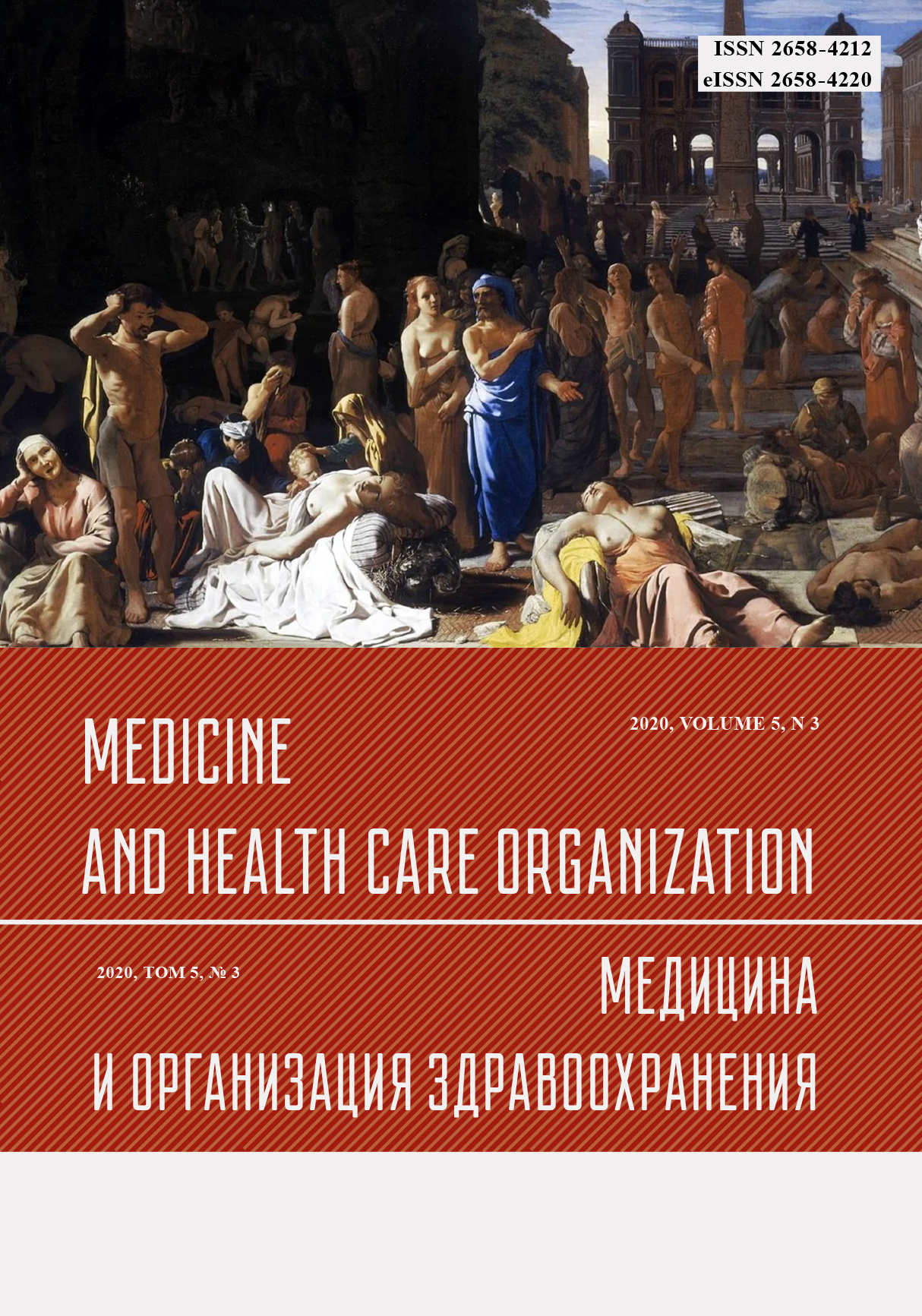THE ATHENIAN PLAGUE IN «HISTORY» BY THUCYDIDES
Abstract
The article provides an analysis of Thucydides’ report on “plague” in Athens in 431 BC and reviews the basic literature on this topic. The article deals with three problems - the emergence of the “plague” and the conditions for its spread, the sources of Thucydides’ medical knowledge as well as modern definition and classification of the disease. The article is of a review nature and contributes for the lack of Russian language literature on the topic of the Athenian plague. The question of the origin of the “plague” and the conditions of its spread is investigated according to the” History “of Thucydides - even a superficial analysis of the message of the attic historian clearly shows that “ plague “was brought to Athens from other lands and spread due to the dense population in the besieged city. The definition of “plague” is discussed in review of literature on the Athenian “plague”. The points of view of such researchers as D. Page, W. MacArthur, E. Hooker, A. Holladay, J. Poole, D. Morens, R. Littman are viewed. The authors’ opinions on this issue are contradictory - everyone puts forward his own definition of the disease. Such versions as bubonic plague, measles, smallpox, ergotism, scarlet fever, typhus, typhoid fever are listed. However, the most reliable are the results of DNA testing published by Greek scientists from the University of Athens, according to which the “plague” is identified as typhoid fever. The symptoms of the “plague” described by Thucydides fit the symptoms of typhoid fever, which had all the conditions for spreading in a besieged city. As for Thucydides’ medical knowledge, the article examines the writings of researchers J. Finley, C. Cochrane, and D. Page, who agree that Thucydides was familiar with the writings of the Hippocratic corpus - in particular, with “Prognostics”, Also Thucydides knows the concept of “crisis”, although he does not use this term. At the same time, D. Page believes that Thucydides was familiar with the medical writings of other authors of the time. The conclusion raises the question why Thucydides did not identify the disease as typhus, which was known to ancient Greek physicians. They also indicate promising topics for study - the social consequences of the epidemic in Athens, the sacred views of the Athenians about the cause of the plague, the state of medicine at the end of the V century BC.



